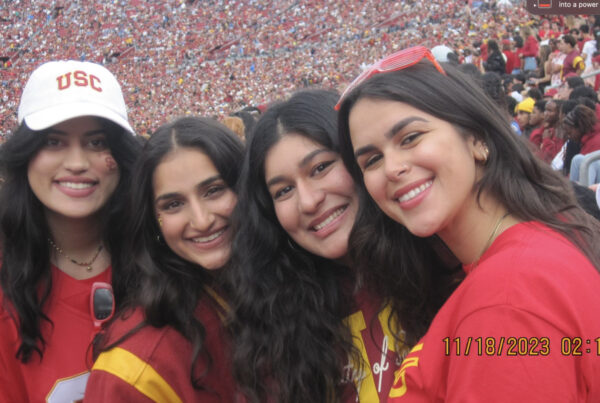Hi everyone! Today we are highlighting environmental engineering majors at Viterbi. Read on to find more info about what it’s like to study, work, and live life as an environmental engineer.
Today’s responses are from:
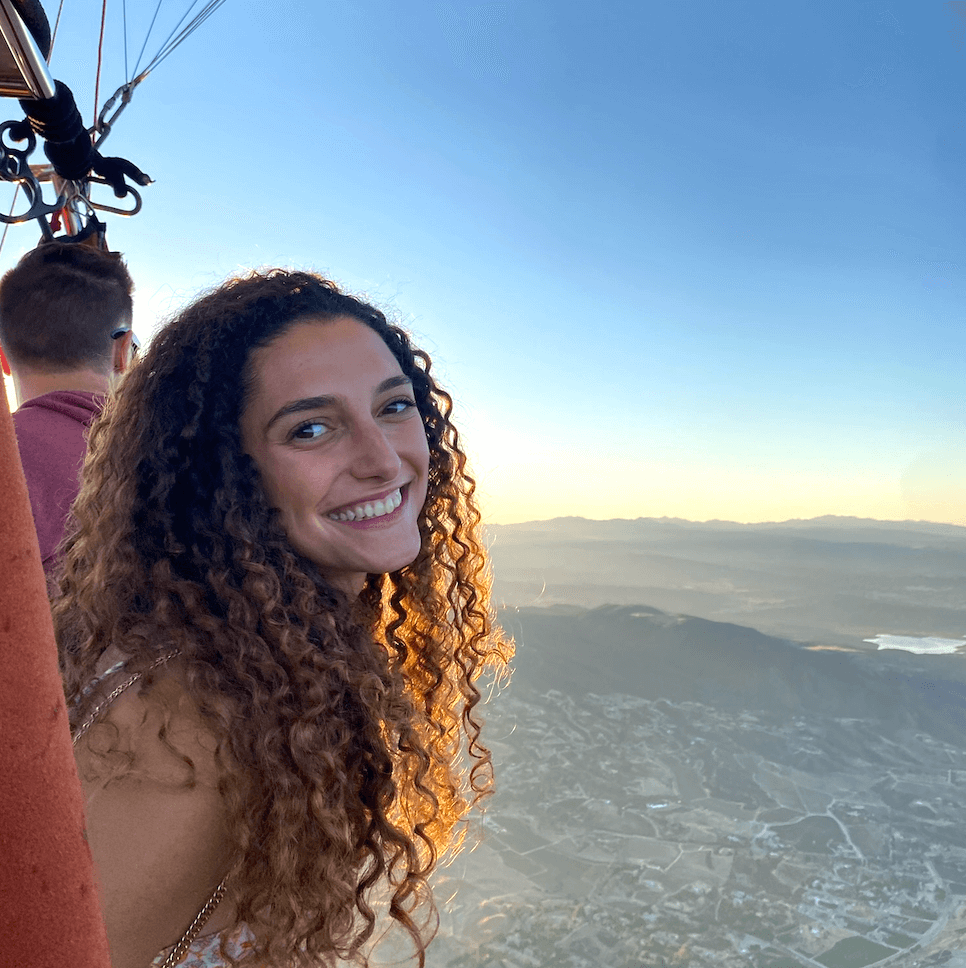
Fareda Marzouk:
Hi, my name is Fareda Marzouk, I’m a senior studying Environmental Engineering. I was born and lived my whole life in Cairo, Egypt. Some of my involvement on campus include Engineers Without Borders, Society of Women Engineers, and Expat Society.
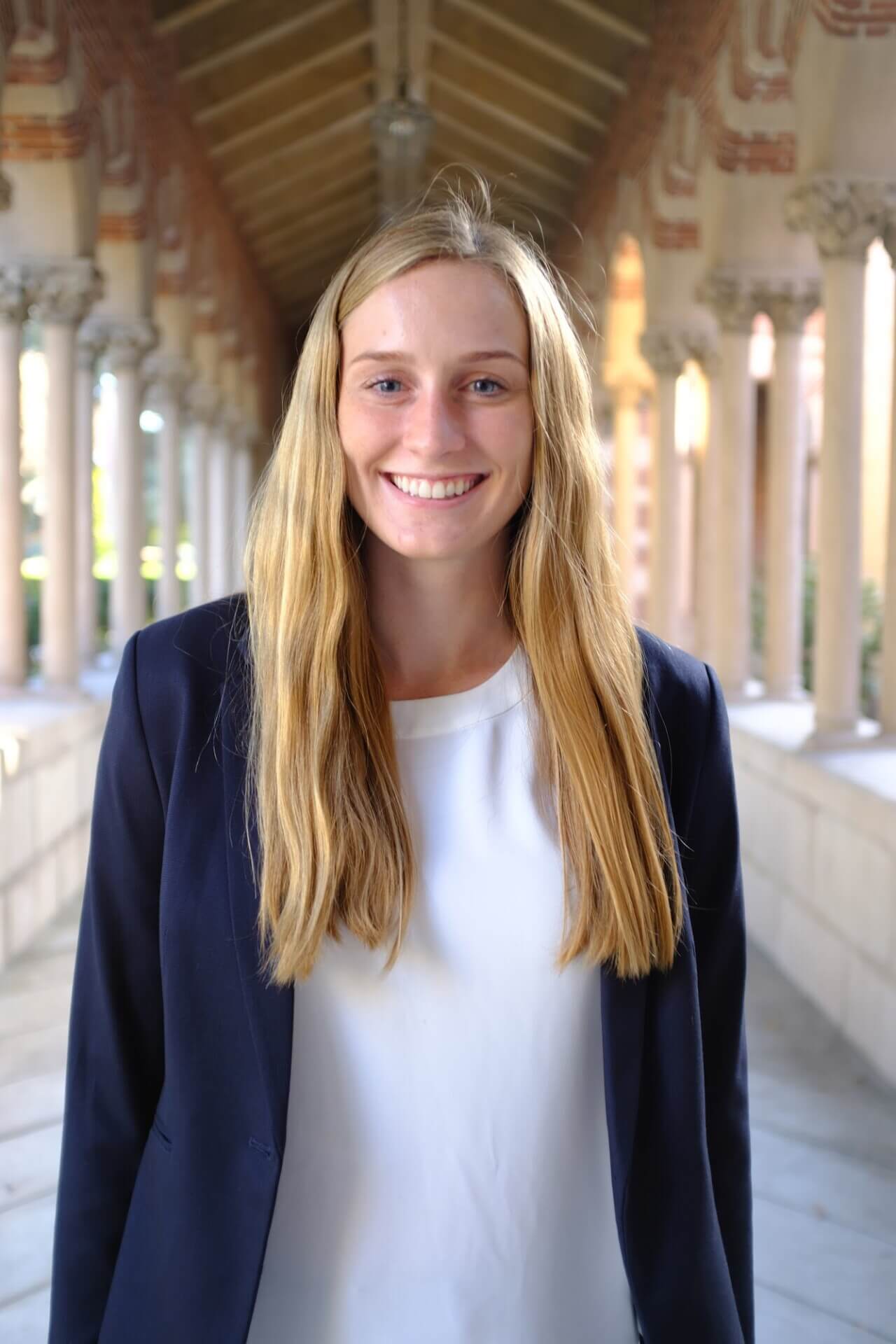
Ashley Brady:
My name is Ashley Brady, and I’m from Chicago! I graduated with my bachelor’s in Environmental Engineering in May 2022, and I’m currently in the progressive degree program at USC. I interned for Turner Construction the past two summers, and I’m working full time for Turner next year.
How I describe my major
(and emphasis if applicable):
Fareda Marzouk: For environmental engineering, the main focus is on water and wastewater treatment, but we also look at energy systems and air pollution. These include: air pollution fundamentals, water treatment design, water chemistry analysis, contaminant transport and the environment, and energy systems & environmental tradeoffs. What’s nice about the major is that we’re a reaalllyyyy small major so you really get to know everyone and all your professors. Also, there’s always a lot of opportunities to join environmental engineering research since it’s an emerging field.
Ashley Brady: Environmental Engineering has three main sectors: air, water, and energy. Environmental Engineering focuses on the overlap of science, math, and technology and how we can use them to tackle environmental issues. We learn about drinking water treatment, wastewater treatment, air quality measurement and controls, green energy sources, and current technologies in the field. There are lots of opportunities for innovation and improvement in Environmental Engineering in the future. In my classes, I also learned about the policies and social barriers to environmental improvements, and we discussed possible ways to overcome these barriers in the future.
How I chose my major:
Fareda Marzouk: In high school I always found myself doing best in math and sciences, so I initially applied to USC as “undeclared” engineering. Then after taking an intro to environmental engineering class, I knew that this aligned with what I saw myself doing in the future. I want to apply my knowledge to something that can really make a difference in the future. I’m hoping to pursue a career focusing on environmental sustainability.
Ashley Brady: I have always been interested in math and science, and I wanted to use my knowledge to tackle environmental issues. I loved learning about how we treat our water, challenges with our current treatment systems, and future challenges that engineers will face. Throughout my time at USC, I’ve realized that Environmental Engineering can be integrated into all other types of engineering. My current overlapping interest is in construction, and I am excited about the future of sustainability in infrastructure.
How I got involved at USC:

Fareda Marzouk: There are so many ways to get involved on campus. One of the ways I got involved is by joining clubs like Engineers Without Borders and Society of Women Engineers. Another fun way I got involved on campus is going to the football games! It’s always a fun time going to the games in the student section with my friends.
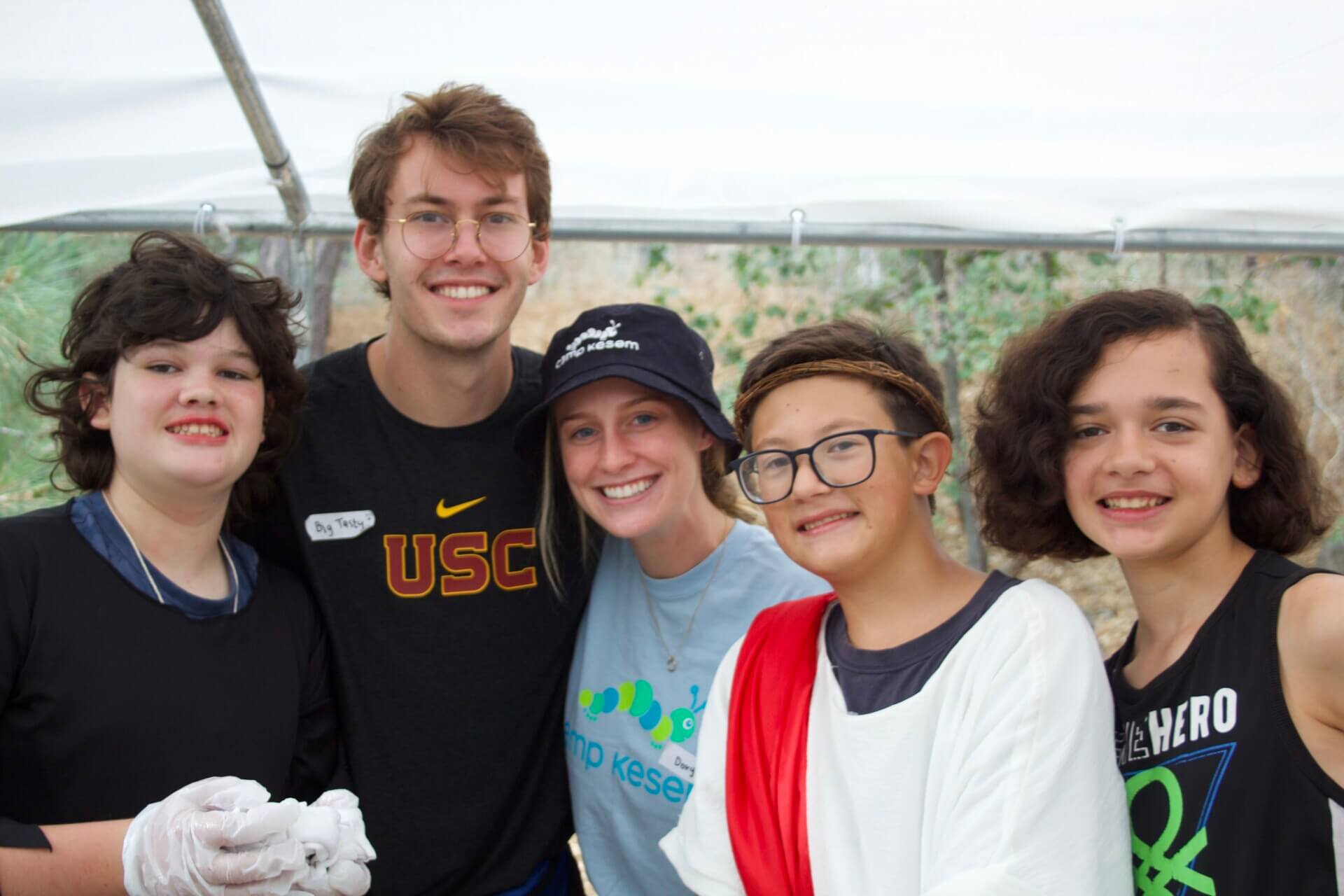
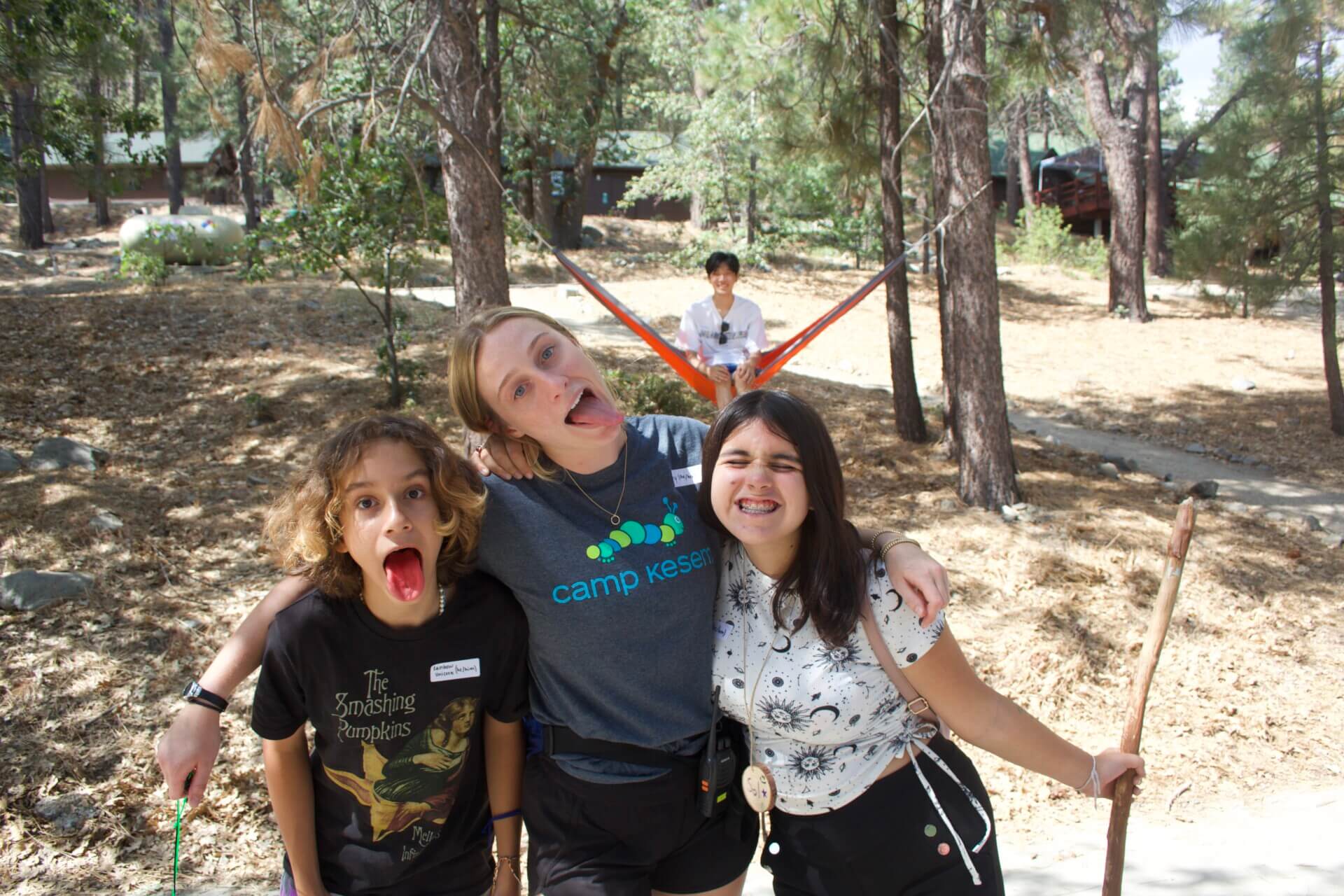
Ashley Brady: My freshman year, I joined Engineers Without Borders and Camp Kesem because I wanted to balance Viterbi clubs with outside clubs. Camp Kesem works with kids affected by a parent’s cancer, and I found my best friends in the club.
My sophomore year, I joined the Childress Research Group to gain research experience and better understand the work of PhD students. I also joined Peaks and Professors, which exposed me to hiking and made me realize my love for the outdoors.
I learned technical and soft skills from all of the clubs I joined, and they all gave me great friends and memories!
How I found community at USC:
Fareda Marzouk: Finding your community at USC takes time. I found my community through dorms, clubs, and some of my classes. For example, one of the clubs I joined was Society of Women Engineers, and through this I was able to meet like minded people who ended up being some of my good friends. Also, being an international Egyptian student, joining expat society helped me meet a lot of other international students who shared a lot of the same experiences as me being so far from home.
Ashely Brady: My freshman year I met lots of incredible people, but I didn’t find my close friends until sophomore year. I found my community through getting more involved in clubs I really liked. I took on leadership in Camp Kesem and Engineers Without Borders, and this allowed me to work more closely with people with similar values. These became incredible friendships.
For support, I go to my roommates and friends. When I needed more support than they could give me, I found a therapist. My biggest piece of advice is to join clubs that have a mission you’re passionate about because that’s where you will find people who have similar values.
How I spend my free time at USC:
Fareda Marzouk: During my free time I like to explore LA with my friends. My first time in LA was when I moved here for school, so I have a lot of exploring to do. We’ve gone to the beaches, museums, shows, stand up comedy, there’s always something to do in LA. Also, I’m someone who loves a good meal. So I made it a point to try one new restaurant in LA every week (my favorite: elephante!).
Ashley Brady:
My freshman year, I spent my free time attending different club meetings to determine which I liked best and felt most connected to. I also spent most of my weekends attending USC athletic games (football, volleyball, etc)
My sophomore year I traveled abroad to Australia for a semester, and it was one of my favorite experiences at USC. I went to Australia not knowing anyone in the program, but I became super close with my roommates once I arrived there.
My junior and senior year, I spent my free time hiking and camping. California has a lot of incredible national parks and nature, and I’ve spent my free time exploring these places.



